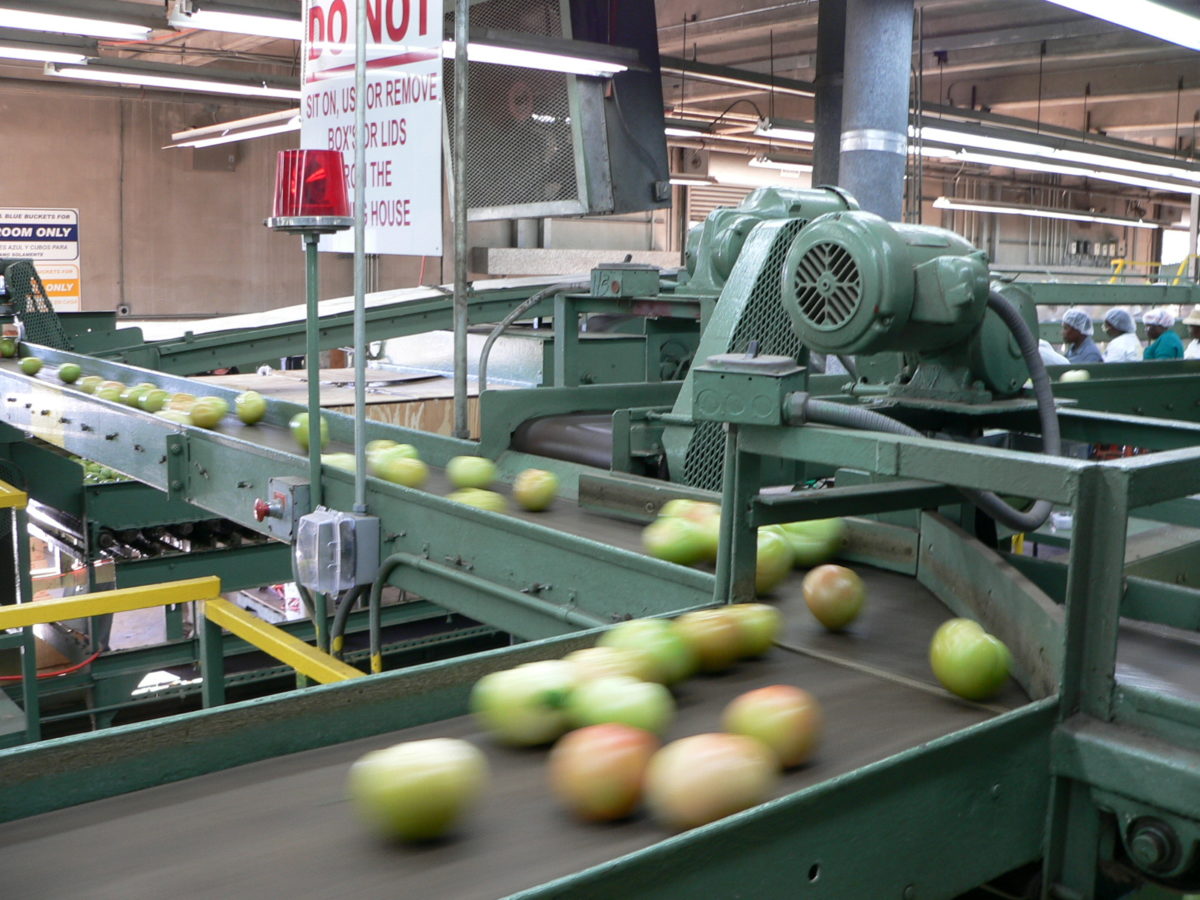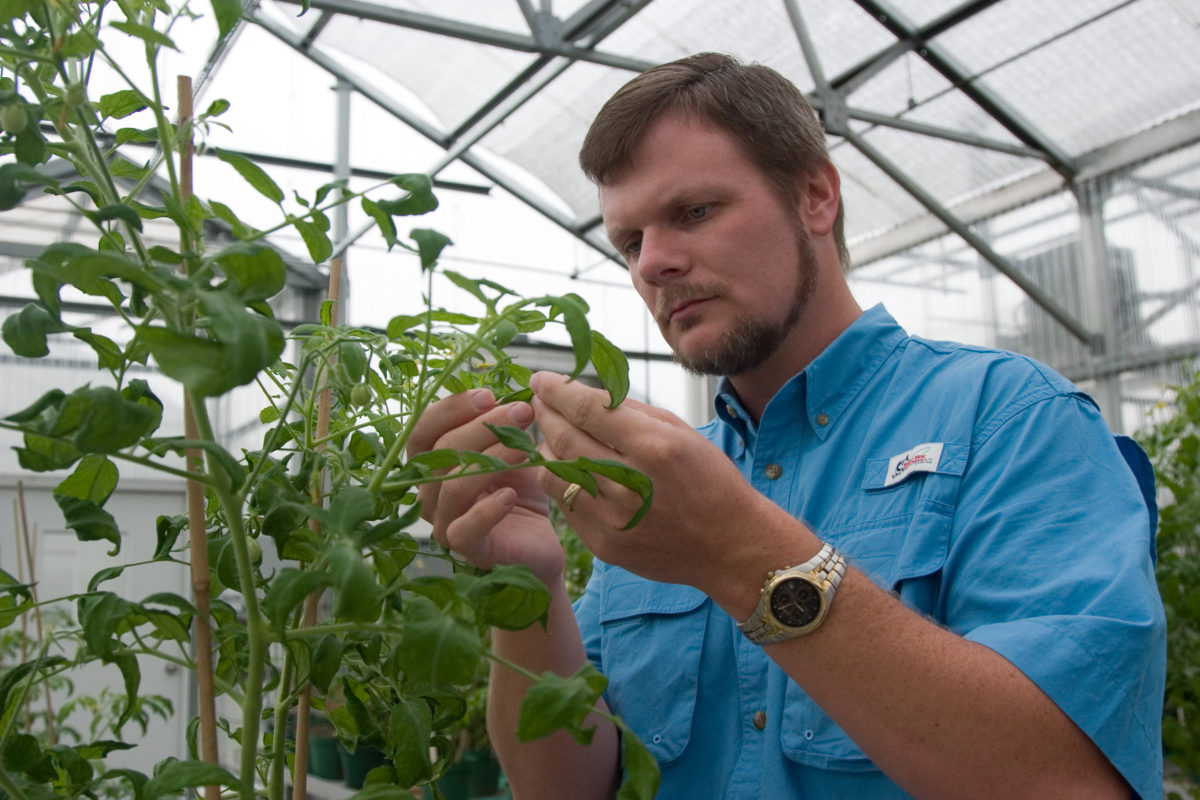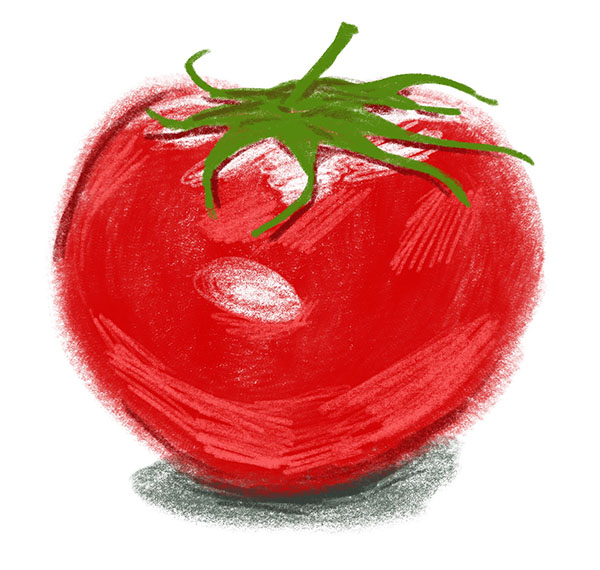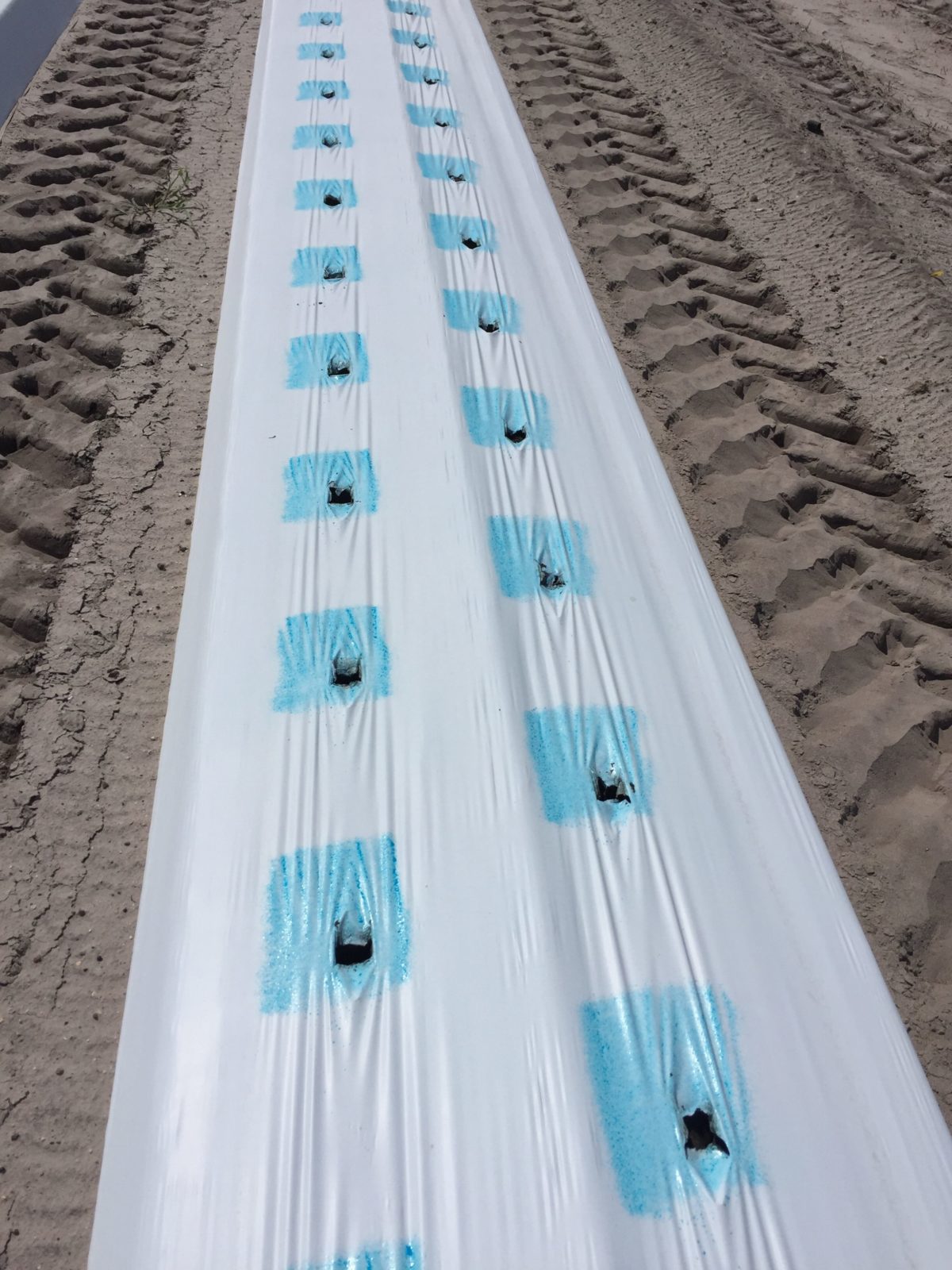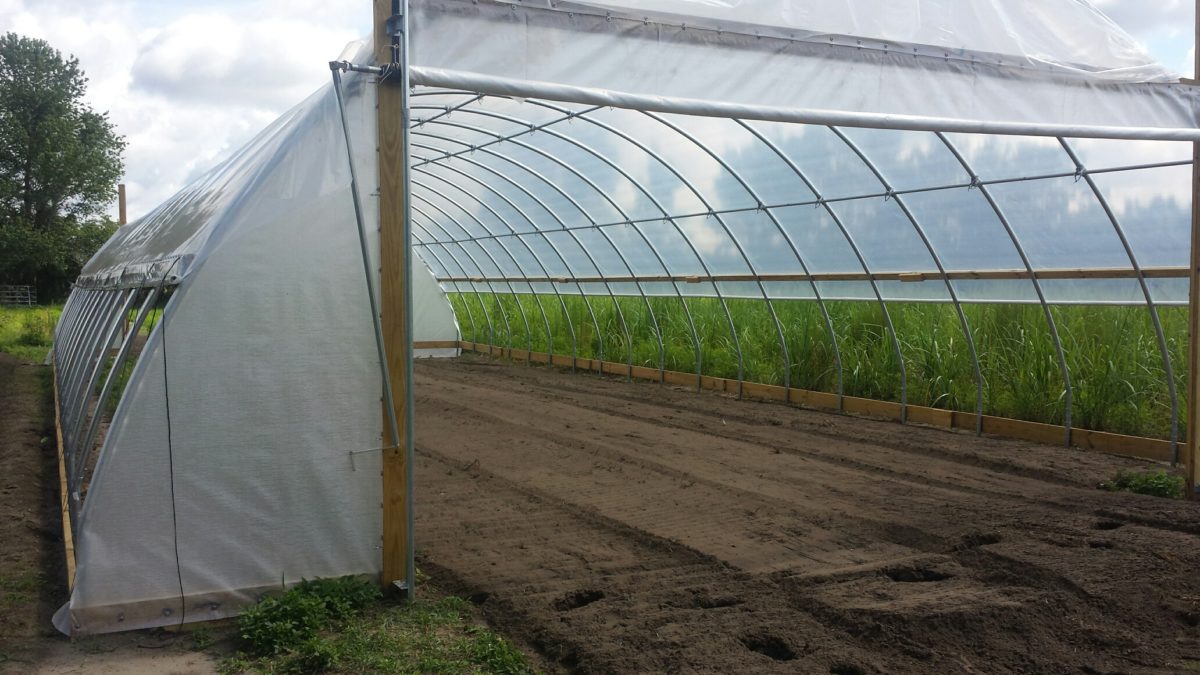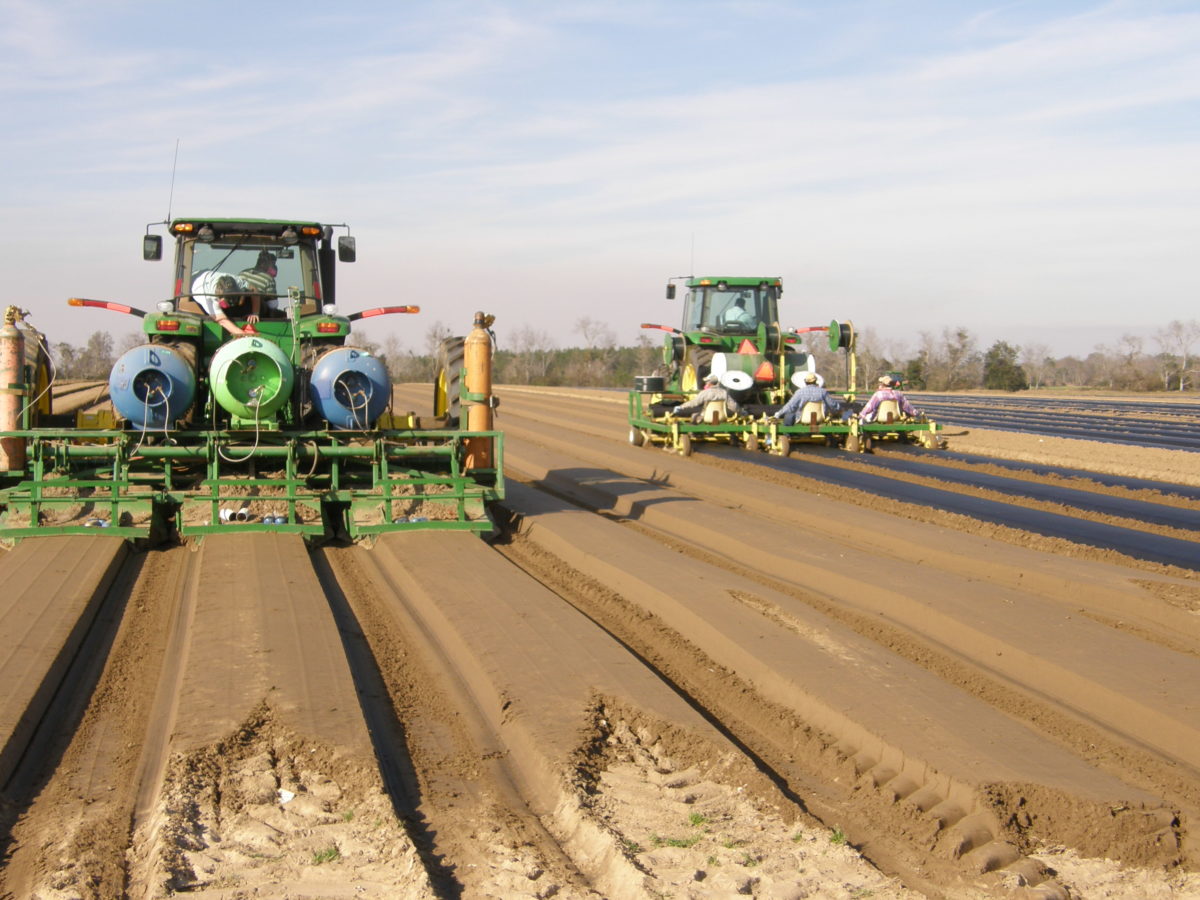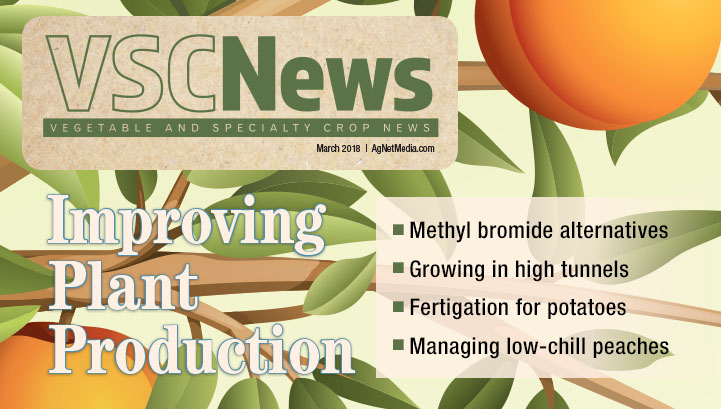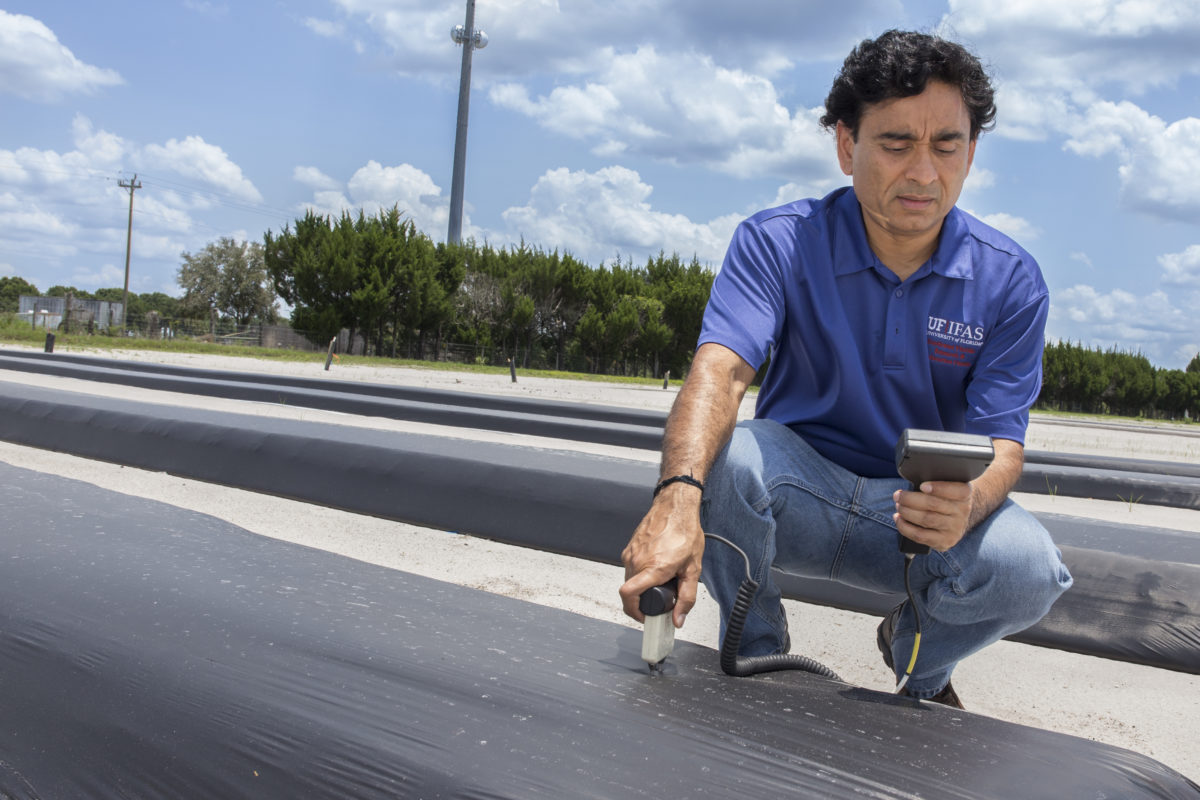By Jeffrey K. Brecht and Steven A. Sargent As we approach a new packing season, now is a good time to consider your handling and cooling operations. Take the time to walk through your facilities with pad and paper in hand. This will jog your memory about issues you noticed last season so that they can be fixed this season. …
Precautions Growers Should Take in the Rainy Season
By Breanna Kendrick The abundance of rain in Florida over the past two weeks has brought concerns about bacterial disease issues for farmers. Gary Vallad, University of Florida associate professor of plant pathology and associate center director at the Gulf Coast Research and Education Center, discusses some of the precautions growers can take to make it through this rainy season. …
UF/IFAS Researchers May Use Fungi to Control Deadly Crop Disease
A group of fungi might fight a disease that’s dangerous to tomatoes and specialty crops. University of Florida scientists hope to develop this biological strategy as they add to growers’ tools to help control Fusarium wilt. Tomatoes are the number one vegetable crop in Florida. In 2017, approximately 28,000 acres of tomatoes were commercially harvested, with a production value of …
The Next Big Biotech Traits
By Anne Schwartz Conventional breeding techniques and chemical controls have long been agriculture’s central means for disease management. However, despite hundreds of crosses performed and generations of progeny evaluated, durably resistant varieties remain elusive. Today, plant breeders are armed with an alternative method when conventional breeding techniques are insufficient. Specifically designed, genetically engineered plants offer potential for the development of …
Hole-Punch Technology Dramatically Reduces Herbicide Use
By Nathan S. Boyd and Arnold Schumann The majority of vegetables grown in Florida are grown on raised, fumigated beds covered with plastic mulch. This production technique has been widely adopted because the combination of plastic mulch and drip tape improves water and fertility efficiency. The use of plastic mulches has many additional benefits, including improved crop quality, reduced water …
Growers Can Get Help with High Tunnels
By Jaci Schreckengost The Natural Resources Conservation Service (NRCS) has an initiative to assist growers with the installation of high tunnels in their production systems. Monica Jones, a district conservationist with the NRCS in Florida, said the Environmental Quality Incentives Program (EQIP) offers a High Tunnel System Initiative to help growers with installing a high tunnel. The NRCS is an …
Effective Methyl Bromide Alternatives
By Jenna C. Vance and Stanley Culpepper Effective alternatives to methyl bromide do exist for fruiting vegetable and cucurbit cropping systems in the Southeast; albeit these alternatives are much more complex than in the “golden” methyl bromide days. Growers need to be much smarter and more efficient in their decision-making process, and they need to better understand the factors that …
Sneak Peek: March 2018 VSCNews Magazine
Growers are constantly looking for ways to better the health of their crops while increasing yields. In the March 2018 issue of VSCNews magazine, growers can learn methods to improve plant production from top researchers in the Southeast. Finding alternative methods to methyl bromide has been a constant struggle for growers. Jenna C. Vance, University of Georgia (UGA) crop and …
Keeping Fields Clean Year-Round
To protect against pests and diseases, keeping fields clean is a year-round job for growers. Scott Adkins, a research plant pathologist for the U.S. Department of Agriculture’s Agriculture Research Service, has some advice for growers on this subject. He spoke with AgNet Media at the Southeast Regional Fruit and Vegetable Conference in Savannah, Georgia, in January, following his presentation at …
Experimental Crop Bed Design Survived Hurricane Irma
While producers and growers across Florida lost some, if not all, of their crops due to Hurricane Irma, a University of Florida researcher saw his experimental bedding survive the storm. “We were testing for flooding, and didn’t expect to have winds strong enough the effects of wind force on crops,” said Sanjay Shukla, UF/IFAS professor in the agricultural and biological …










